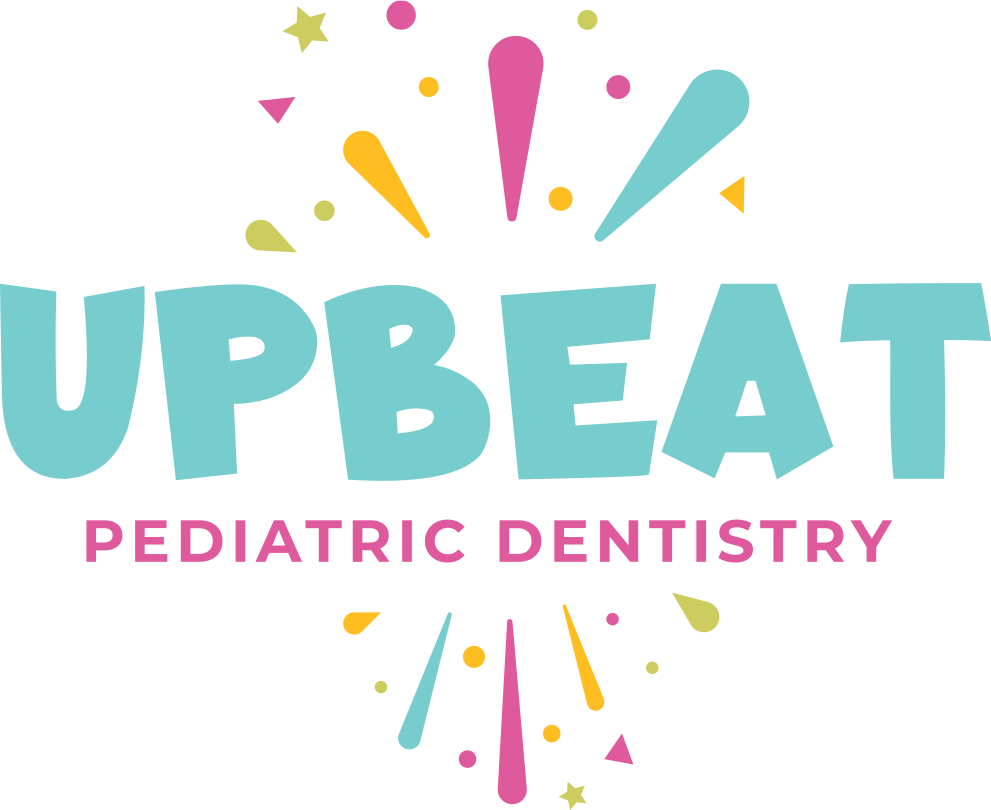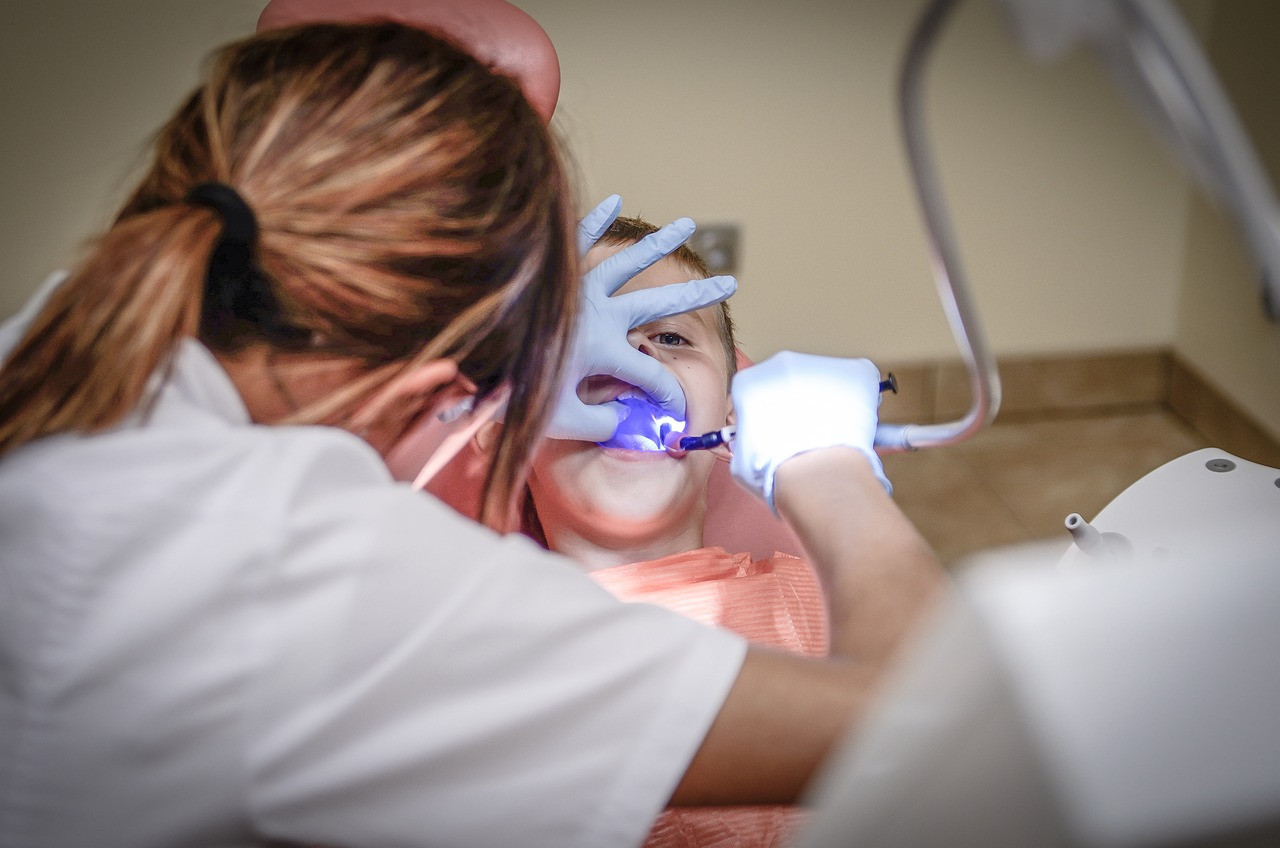Welcoming a new baby into the family is a wonderful experience, but it also comes with its share of challenges, especially for new parents.
One of the most common sources of discomfort for babies—and their caregivers—is the teething process. As a parent, it’s essential to understand what to expect during teething and how to provide relief for your little one.
Here’s everything you need to know about why teething hurts for babies and how to soothe their discomfort.
Stages of Teething
Teething typically occurs in several stages, with each stage marked by the emergence of new teeth. Here’s a breakdown of what to expect during each phase:
- 0 to 6 Months: During this period, babies are born with a full set of twenty teeth hidden beneath the gums. While signs of teething may be minimal during these early months, it’s essential to start laying the groundwork for proper oral care routines.
- 6 to 10 Months: The first teeth, usually the front incisors, begin to emerge around six months of age. Signs of teething may include increased drooling, excessive chewing, and irritability.
- 10 to 14 Months: Primary molars, located towards the back of the mouth, begin to emerge during this stage. Increased drooling, loss of appetite, and disrupted sleep patterns may occur as these larger teeth push through the gums.
- 16 to 22 Months: Canine teeth, situated between the molars and incisors, start to emerge during this phase. Your baby’s smile will begin to take shape as these teeth develop.
- 25 to 36 Months: The final stage of teething involves the eruption of secondary primary molars, completing your baby’s primary tooth set. This period may be the most uncomfortable, but it signifies the end of the teething process.
Why Teething Hurts
Teething can be a painful process for babies due to the pressure and discomfort caused by emerging teeth. As teeth push through the gums, hormones are released within the body, leading to tenderness, swelling, and overall discomfort.
Additionally, the teething period often coincides with a reduction in immune function, leaving babies more susceptible to infections and illness.
Tips for Soothing a Teething Baby
Fortunately, there are several strategies parents can use to help alleviate their baby’s teething discomfort:
- Apply light pressure and massage your baby’s gums with a clean finger to provide temporary relief.
- Use a cold, damp washcloth to massage the gums and reduce inflammation. Avoid putting teething rings in the freezer, as extreme temperatures can damage the gums.
- Provide your baby with a teething ring made of silicone or rubber. These rings are easy to disinfect and can be chilled in the refrigerator for added relief.
- Consult your pediatrician for recommendations on over-the-counter pain relief medicines, if necessary.
Smooth Teething
Teething is a natural part of your baby’s development, but it can be a challenging time for both babies and parents. By understanding the stages of teething and knowing how to provide relief for your little one, you can help ease their discomfort and make the teething process more manageable.
If you have any concerns about your baby’s teething symptoms or need guidance on how to soothe their discomfort, don’t hesitate to reach out to our team at Upbeat Pediatric Dentistry. We’re here to support you and your family every step of the way.



